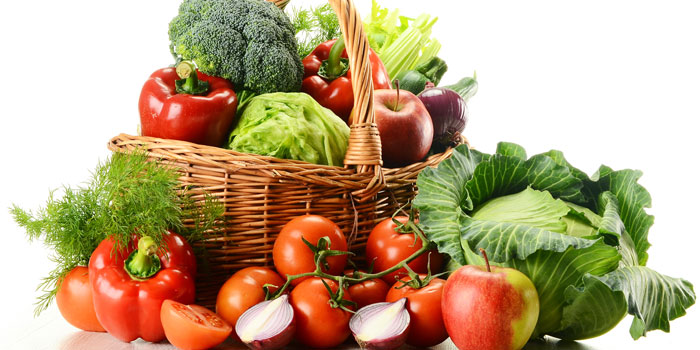LAURA WARREN: ‘Know the facts before you go vegan and throw meat to the kerb’

I WAS struck while listening to an interview with a schoolgirl on radio recently.
After declaring herself to be a vegan, the presenter asked the girl a simple question: why? The girl, who by all accounts appeared to be an intelligent and well-intentioned young person, couldn’t answer.
One could only deduce from the short interview that she considered it to be trendy. And that’s absolutely fine – God knows I’ve experimented or tried my hand at various diets and things down through the years that could kindly be described as ‘a fad’. But there are some serious factors to consider before you go down the vegan route – not least the nutritional and potential health impact it will have on your body.
There seems to be a lot of confusion, intended or otherwise, among a lot of people who claim to adhere to the vegan movement. In the proper sense of the word, being a vegan is someone who does not eat, meat, poultry, fish or any products derived from animals, including eggs and dairy.
A vegan diet is very low in saturated fat, which mostly comes from animal products. But research has shown that unsaturated fats found in plant-based foods accumulate into visceral fat and this has huge implications for people’s health because it’s visceral fat that leads to type 2 diabetes and heart disease.
These days being a teenager is tough enough, and following trends can be an easy trap to fall into, especially with the new army of celebs and super bloggers suddenly making it appear to be cool. But it’s important to educate our children properly on the pros and cons of following any lifestyle plan as one size will not fit all. What suits your friend may not suit your body or DNA.
You don’t have to go strictly vegan in other to have a healthy lifestyle. A plant-based diet high in fruit and veg is a good basis to start a healthy lifestyle. But by eliminating certain food groups from your diet you’re potentially at risk of missing out on vital micronutrients.

By avoiding meat and animal products, a vegan is at risk of being low in calcium, vitamin D, Vitamin B12, omega 3 fatty acids and iron. Therefore if you’re going to follow a vegan diet, through choice or trend, it’s important that you get enough of these nutrients in the form of other supplements.
Some simple advice when it comes to selecting dairy-free alternatives is to choose ones that are fortified in vitamins such as Alpro (one of my favourites), which is fortified in vitamin D, Calcium, Vitamin B2 and Vitamin12, which is found in milk.
Many people assume that when they see the word vegan on a label that it’s super healthy, but this is completely unfounded. Even if it is vegan, it’s important to look at the ingredients and the nutrition information on the pack to see how much fat, sugar and salt products contain.
I’m not saying that being a vegan is unhealthy, just that it’s important to educate yourself on the pros and cons of any lifestyle change, particularly where your health and well-being is concerned.
Lots of people who go vegan initially experience a high because they’re pumping their bodies with a surge of vitamins and minerals they’re getting from increased fruit and veg intake. But some vegans suffer from vitamin deficiencies which can have a potentially serious affect on their health. If you choose to become a vegan, make sure you get regular blood tests to keep a close eye on potential deficiencies and then work with a nutritionist to correct them.
There’s no doubt we should all be reducing meat consumption and eating more plant-based foods. For me, eating is a happy occasion and it’s all about a finding a healthy balance. That means trying to moderate my intake of both red and white meat, and to have a few meat free days a week.
If you do decide to go vegan (in the proper sense), then be sure to eat plenty of different fruits and vegetables, wholegrains, nuts, seeds, pulses and – crucially – beware of the vitamin deficiencies you are at risk of suffering if you don’t use additional supplements to replace them.
*For more top food and nutritional tips, log on to www.elitelivingnutrition.ie




